When and why did the Trans Research Lab come into being, who works there, and how is it funded?
Stephanie Budge: The Trans Research Lab (TRL) integrates data into evidence-based practice to guide our advocacy in working towards better access to health care for TNG individuals, including children, adolescents, adults, and families.
The lab started in August 2014, when I moved to Madison, Wisconsin from Louisville, Kentucky. I founded a research lab in Kentucky in 2011 called T*STAR that is now a research and consulting firm run by TNG community members (tstarlab.com). I translated much of the research and advocacy from T*STAR to TRL in 2014.
At the current moment, anyone can be a part of the lab. The lab uses a community-based model, whereby research is informed with and by the community. The majority of members of the lab are undergraduate and graduate students at the University of Wisconsin-Madison, though some of the team members are community members. Students can sign up for research credit for their work in the lab.
The lab is not currently formally funded. We have a beautiful space in the School of Education, where we meet for one hour per week to discuss research, and we meet every other week to discuss social justice projects. We have received some small grants from the U.W. and are applying for large grants through the NIH and other funding mechanisms.
What are some of the larger focuses of the research conducted?
Budge: Our biggest project to date was a randomized controlled trial where we studied two different types of psychotherapy for TNG individuals to determine: a) if psychotherapy was effective with either group and, b) if it was effective, how the processes unfolded to provide change. Preliminary results indicate that both groups improved, but that each group had slightly different outcomes.
In addition, we partnered with the Wisconsin Trans Health Coalition and the Trans Youth Resource Network to be involved in the Wisconsin Trans Youth Community Needs Assessment. Individuals in the lab have been analyzing quantitative data focusing on school safety, rural youth, and focus groups with TNG youth around the state.
The Lab is still fairly unique. Why is this work important, and why did you want to get involved in this kind of research in the first place?
Sergio (lab member): As a Latinx, queer, nonbinary person, it has been difficult to not feel out of place. Growing up, I felt immense pressure to hide various parts of my identity because nothing and no one told me that I could exist the way I wanted to. This was reinforced upon going to college; I was exhausted by the lack of research and resources for people like me. While volunteering for a non-profit, however, I met a child who felt similarly to me. This encounter not only affirmed my experiences, but it also sparked my passion to change the world around me.
Cynthia (lab member): As a queer individual in the Master’s program in Counseling Psychology at U.W.-Madison, I have always been interested in research around LGBTQIA+ populations, and joining the lab helped me to further explore and affirm this interest. As a future counselor, I hope to offer LGBTQIA+ affirming care to the community, and to work specifically with TNG populations. TRL is actively working to increase the output of research on TNG populations and it is my personal aspiration to aid, in any way I can, in increasing the volume of affirming psychological research around TNG individuals.
Ash (lab member): I became involved in the lab during my last semester at U.W. before graduating with a Bachelor’s in Psychology. As a queer, nonbinary, trans boy, I had been trying to do projects for my classes that focused on research on trans individuals, and was unable to do so most of the time because there was so little research that I could base my projects on in the first place. I don’t remember how I found out about the lab, but I couldn’t have resisted if I tried.
Darren (lab member): I kind of found out about the lab on accident. A friend of mine told me that they were in it, and it just so happened that my residence hall community was going to be having an event where we got to meet Stephanie Budge. After listening to her talk, I knew immediately that I needed to join. As a queer trans guy myself, being active in my community has always been important, and throughout my college experience I noticed a severe lack of trans-inclusive studies. I would be in classes and if I had to write a paper, I could rarely make it trans focused because there was so little research out there. Being a part of this lab makes it feel like you’re truly doing groundbreaking work and in a high-quality way.
WSJ columnist Chris Rickert took issue last year with what he called a “blurring of the lines” between the Lab’s scientific research and its social advocacy. What do you say to those critics?
Budge: Even though it was personally stressful to read Chris Rickert’s article about the lab, I appreciate his criticism. I think it is important for the entire community to be engaged in the work that we do and for individuals to ask us questions about the work. In fact, Rickert’s article helped me understand our mission even more clearly and gave me the opportunity to clarify how activism and research are intertwined.
All of the activism that we engage in is evidence-based. We want to decrease barriers and improve access to healthcare for TNG individuals. The data describing the barriers shows abysmal treatment of TNG individuals by health care providers and, as a result, TNG individuals not seeking treatment or receiving poor treatment. When we just use language that focuses on affirming TNG individuals, it is based on the data that indicate that TNG individuals are often discriminated against in health care settings. Affirmation of an individual’s identity does not indicate that a provider or researcher is biased.
Sergio: One of the most valuable things I have learned in my short time in the Counseling Psychology program has been to check my assumptions. Often times, we are quick to make judgments about people or situations that aren’t always entirely true. I think this applies to research as well—we need to be mindful of the questions we ask, how we gather answers, and where those answers fit in. A good way of keeping ourselves in check is for the questions we ask to come directly from the communities we are working with, which in this case is the trans community.
Ash: Bias in research is a very real and very difficult topic, and it is a subject that deserves addressing. For the lab, we’re not trying to skew the results to fit a political agenda, we’re trying to academically uncover results that are as representative as possible using the knowledge and personal experiences of people that are being studied, instead of treating them as specimens under a microscope in a science lab.
In terms of that research, have there been any results that have surprised you? Confirmed suspicions?
Budge: In every project there have been surprising results. In our most recent study where we conducted a clinical trial, we hypothesized that the minority stress therapy group would improve at a higher rate than the group that received trans-affirmative therapy. We hypothesized this because data indicate that minority stress is the primary reason for increased mental health disparities for TNG individuals. However, the data indicated that the trans affirmative therapy group improved at twice the rate as the minority stress treatment group when looking at general psychological symptoms. Both groups showed improvement on psychological symptoms, but we hypothesize that the trans-affirmative therapy group showed more improvement because they were not primed to discuss minority stress experiences prior to their therapy sessions.
Where do you see gaps in research and study regarding transgender people, their experiences and mental health, etc.—for the Lab to tackle in the future and/or that you hope to see studied more broadly?
Budge: Given all of the focus on the insurance exclusion for TNG individuals’ trans-specific medical care, our lab plans to focus on the psychological impact of medical interventions. There is a large body of evidence indicating that medical interventions (hormones, surgery) are effective; our plan is to add to the existing literature to provide more specific data and respond to some of the critiques that have been provided by the State of Wisconsin.
Ash: Only recently did researchers start looking specifically into the experiences of TNG people and there’s a lot of missing groundwork. We focus specifically on mental health and the general experiences of trans people, but there are very few studies that look at the medical side of being transgender besides hormones or surgeries. For instance, if a trans man has a heart attack, will he likely display symptoms more similar to a cisgender woman or a cisgender man, or will the symptoms be unique?
Are there ways for the community to get involved and help, and how?
Budge: Community members are encouraged to contact us if they are interested in being involved in research. We are closely involved with the Wisconsin Trans Health Coalition, which also has a research team.
Sergio: While we pride ourselves in addressing the questions of the community, we also recognize that no research is perfect. A good way for anyone to get involved with our work is simply to hold us accountable. n

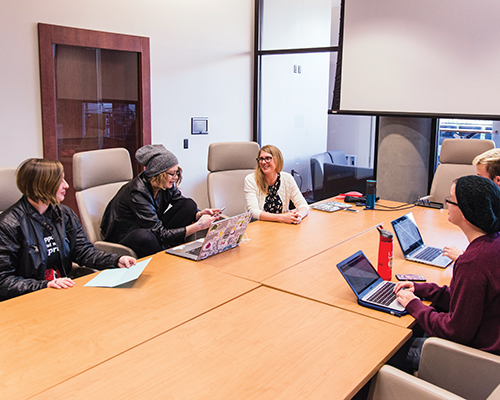


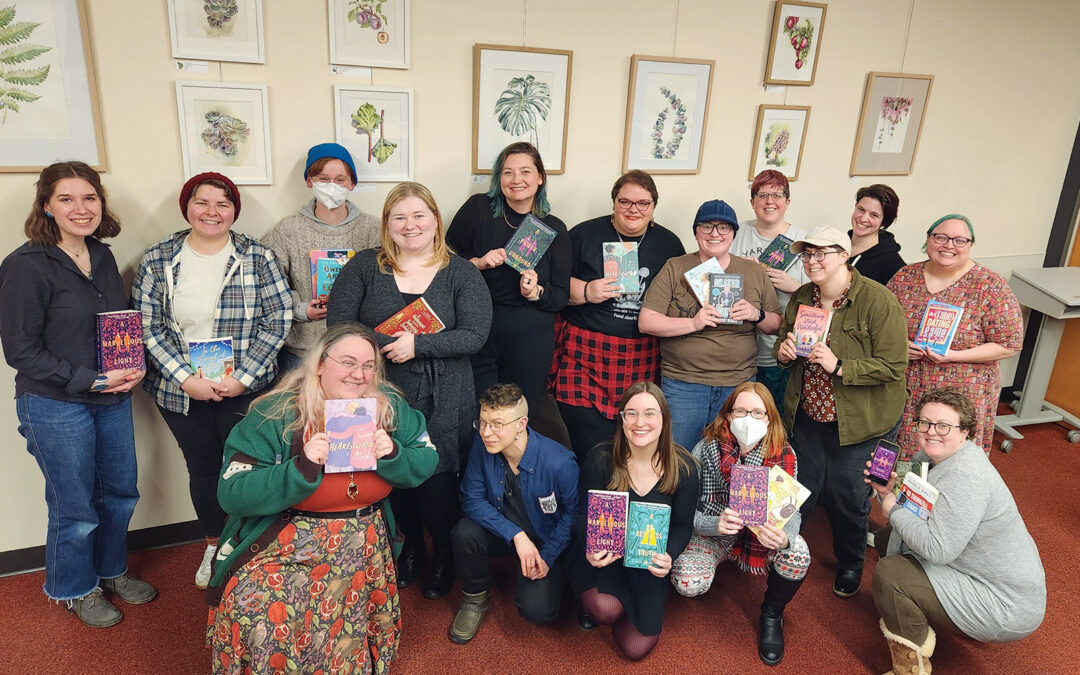
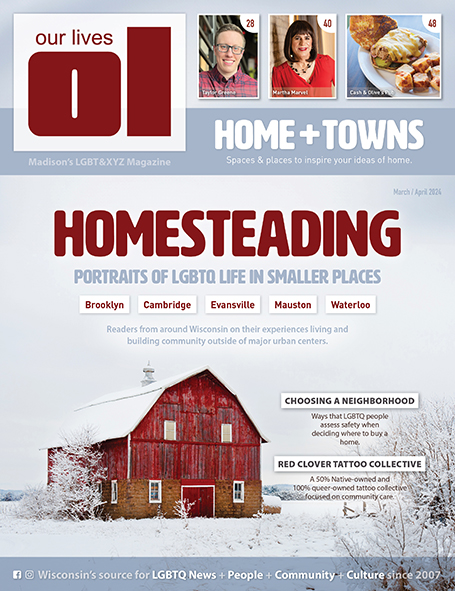
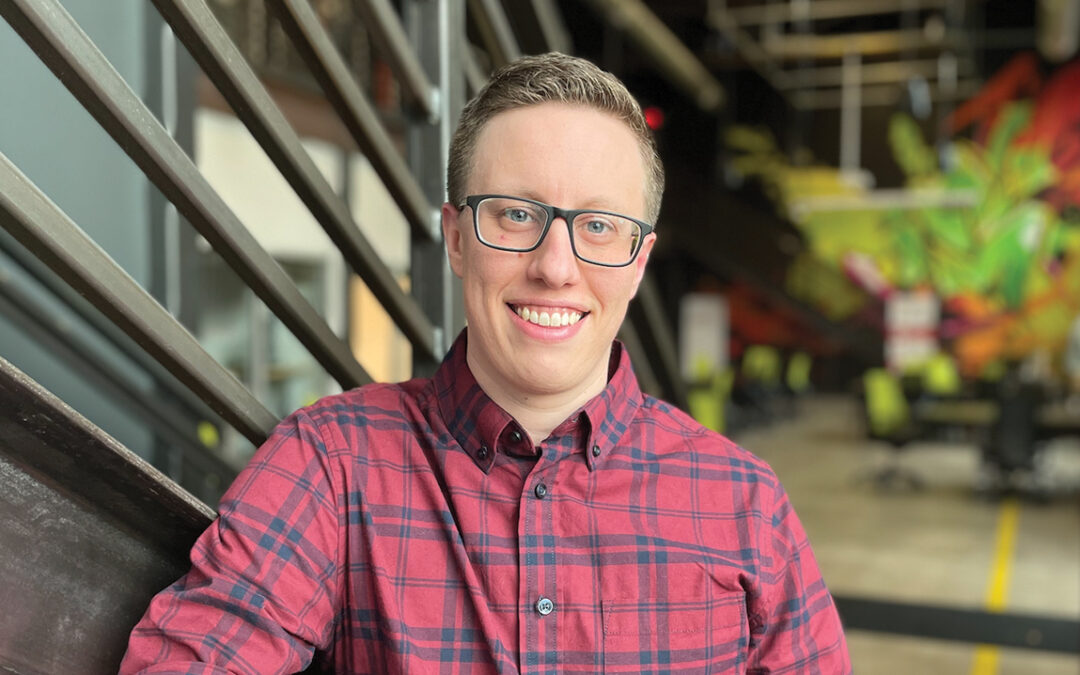
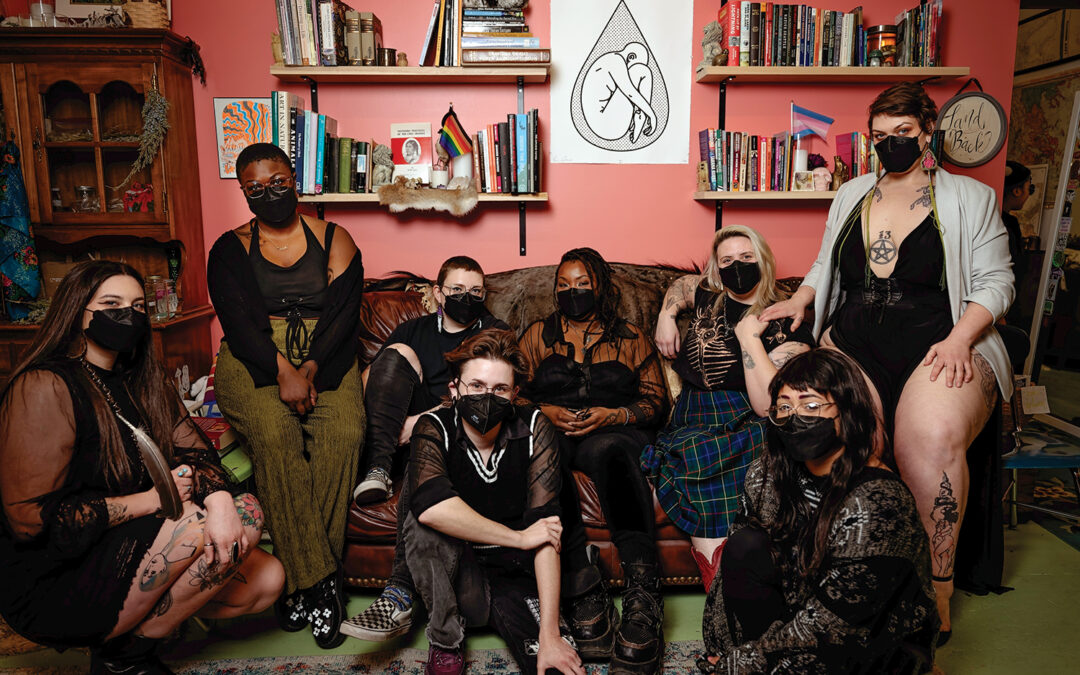
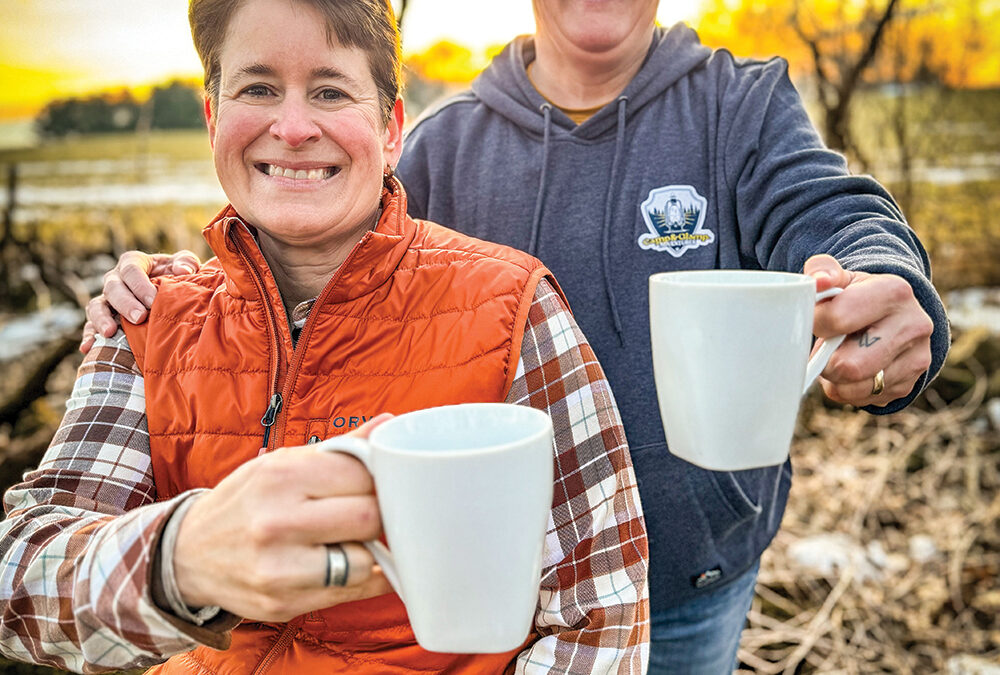
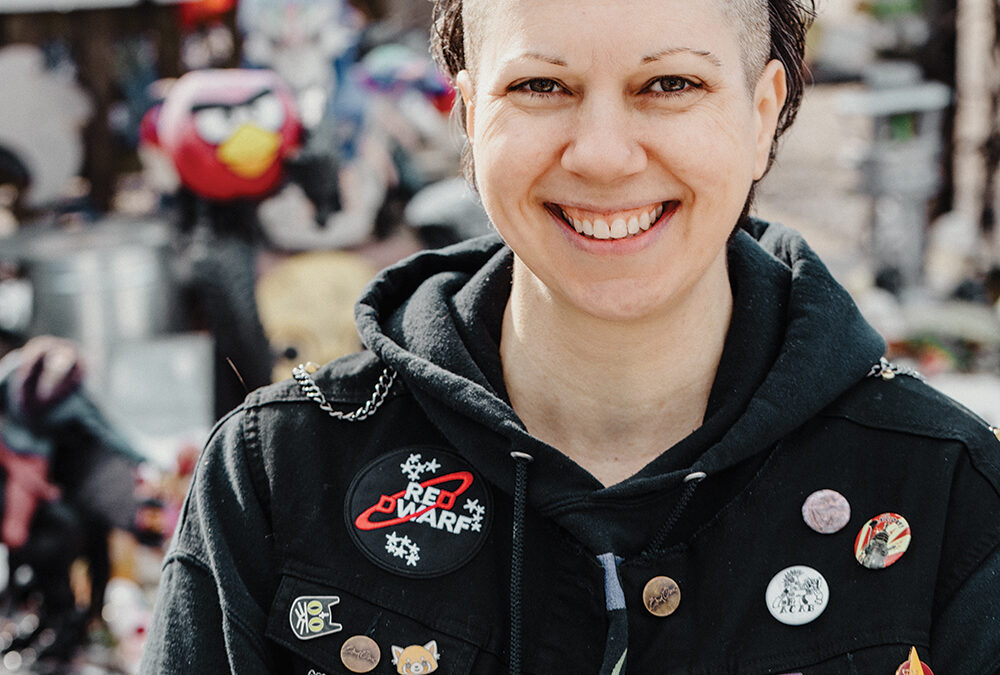
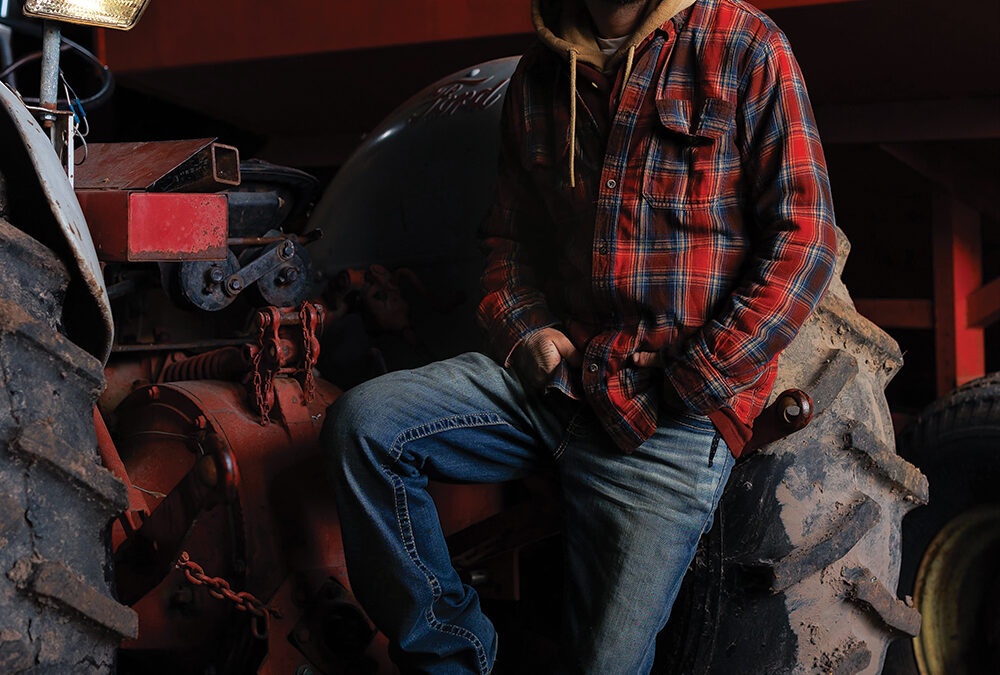
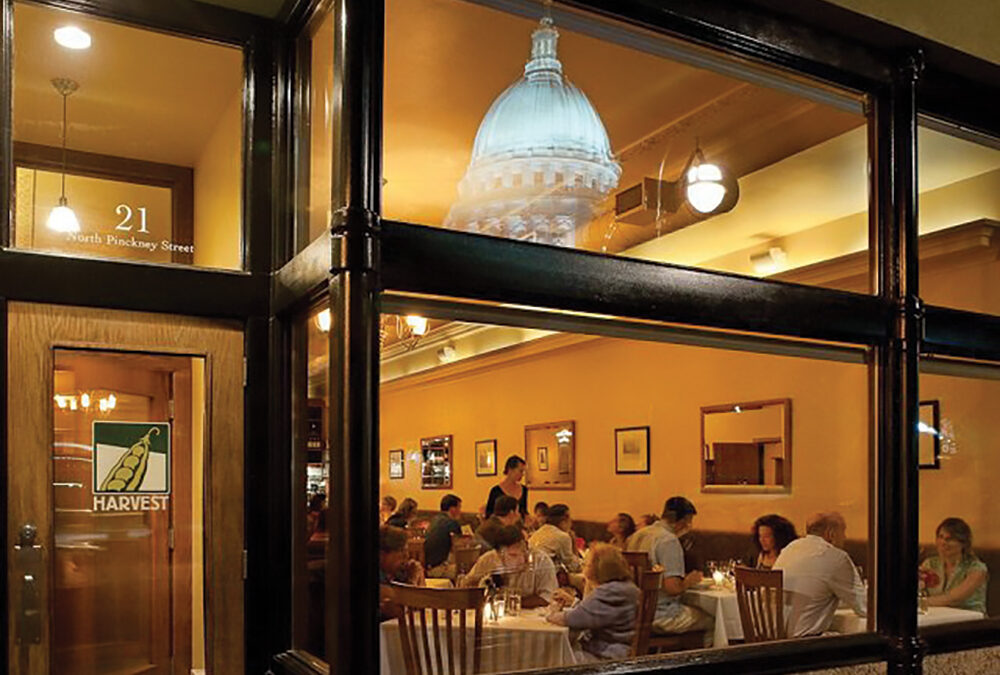
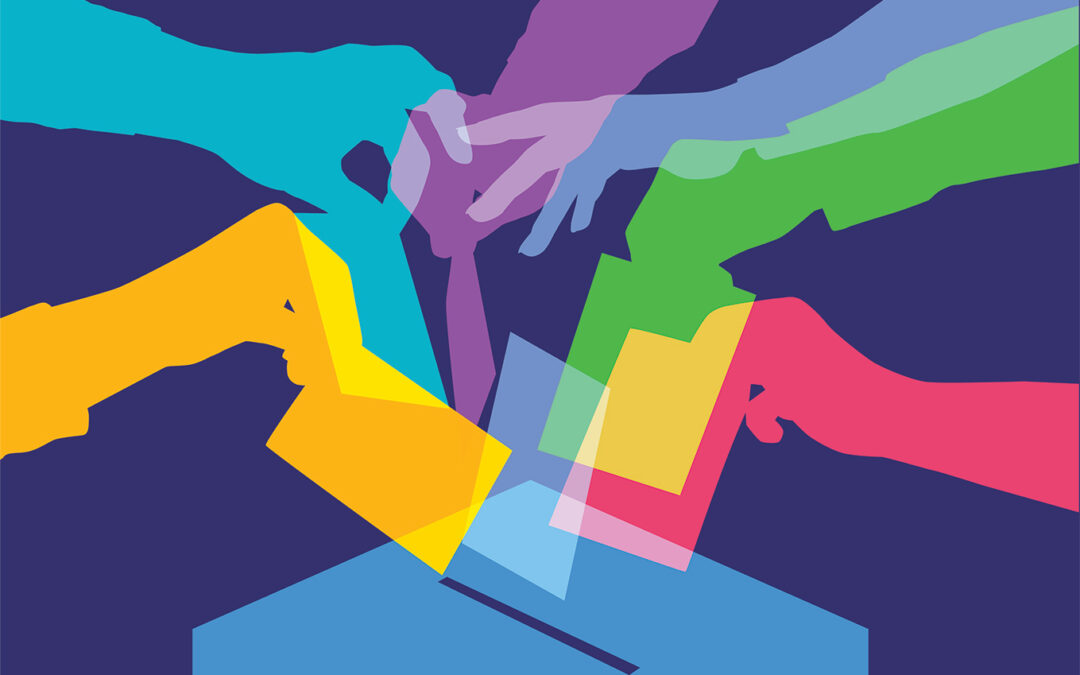
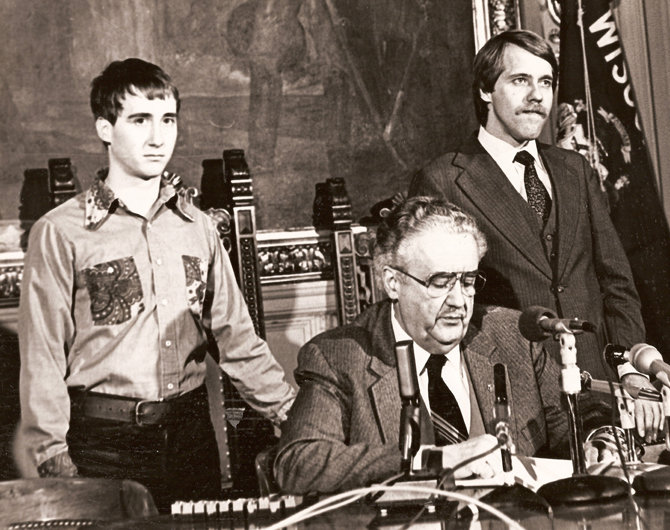










0 Comments